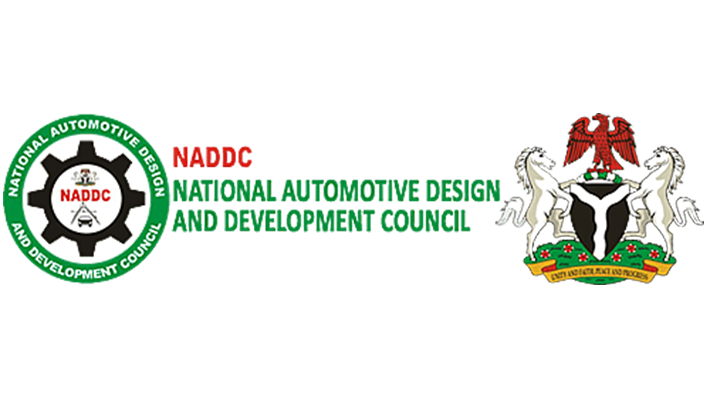The National Automotive Design and Development Council (NADDC) has reiterated its commitment to expanding the market for locally assembled vehicles.
The Director-General of NADDC, Mr Joseph Osanipin, told newsmen on Friday in Abuja that the council was working on legislative frameworks to strengthen Nigeria’s automotive industry.
Osanipin emphasised that creating a sustainable market for locally assembled vehicles and promoting investor confidence were central to the council’s efforts.
“This is one of the initiatives we are making to expand the market and create opportunities for locally assembled vehicles.
“Beyond that, we are working with the legislature to develop policies that will attract investments. Investors need facts and legal protections to secure their investments, not just emotional appeals,” he said.
He further explained that NADDC was engaging with relevant ministries, agencies, and parastatals to refine existing policies and align them with current laws.
“In the next few weeks, we will return these policies to the ministry for further review. Some clauses may need adjustment to avoid conflicts with existing laws.
“Once finalised, these policies will become Acts of Parliament, providing greater confidence for investors,” Osanipin explained.
The Director-General also reiterated efforts to expose local manufacturers to potential buyers, government agencies, and other stakeholders to support the industry’s growth.
“Our goal is to expand the market by showcasing the capabilities of our stakeholders and manufacturers. This will help them sell more vehicles and create opportunities for growth,” he stated.
Osanipin added that the Nigeria Auto Industry Development Plan (NAIDP), renewed for another ten years, served as a guiding framework for these initiatives.
He said the plan focused on seven key pillars: market expansion, investment promotion, local content development, skill acquisition, innovation and technology adaptation, safety, and standards.
He emphasised the importance of capacity building, revealing that some Nigerian youths were undergoing specialised automotive training in China, while others were participating in domestic programmes that certified them as fleet operator engineers.
“We are partnering with assemblers to train more youths and expose them to advanced skills, including foreign exchange training.
“By equipping our people, we are preparing them for the future of the auto industry. We have plans to improve the council’s 21 test centres across the country.
“Some of these test centres are not well equipped, but by 2025, we plan to fully equip them and expand training to areas currently underserved. This will enhance our capacity-building efforts,” he said.
Osanipin reaffirmed NADDC’s focus on new energy vehicles, including Compressed Natural Gas (CNG) vehicles and Electric Vehicles (EVs).
“CNG adoption is projected to grow significantly in the next two to three years. We are preparing for this by training people on how to manage and maintain CNG vehicles.
“Similarly, we are prioritising EV adoption and capacity building in that area,” he stated.
The NADDC boss, however, reiterated the council’s commitment to promoting a competitive and sustainable automotive industry in Nigeria.


